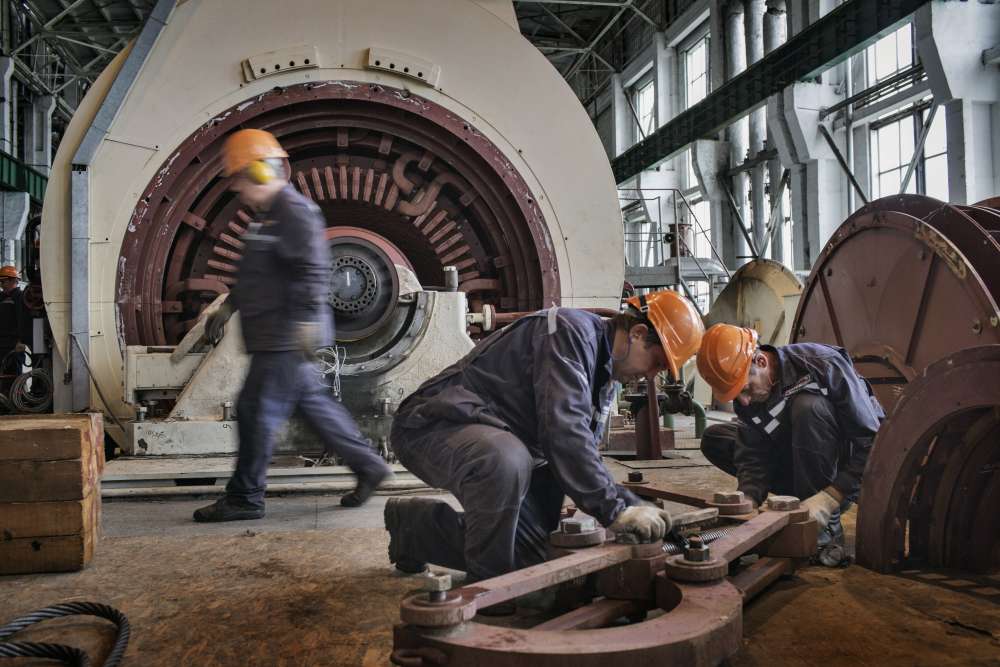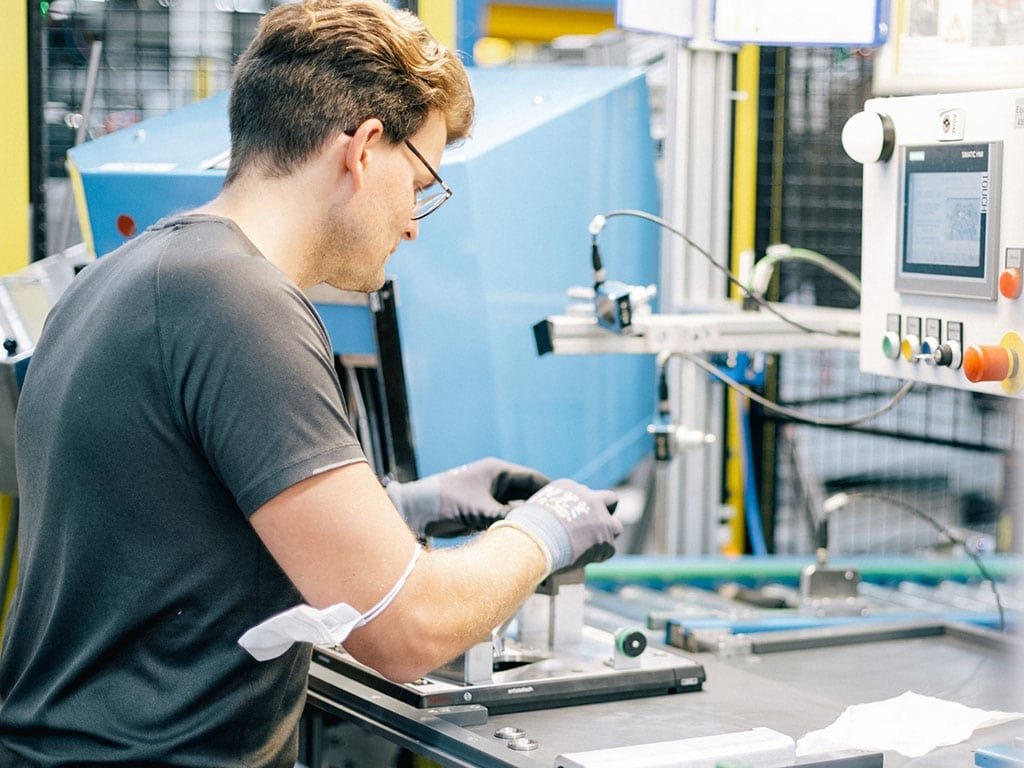

Romania’s Thriving Industries Seek Skilled Engineers: Labor Importing Offers Solutions
- trienkhaiweb
- 16 February, 2024
- 0 Comments
Romania, a dynamic Eastern European nation, is experiencing a period of robust economic expansion. This growth is fueling a surging demand for skilled engineers across diverse industries, creating a compelling opportunity for international talent. To address this need, Romania is actively exploring and utilizing labor importing strategies to secure vital engineering manpower.
The Critical Role of Engineers in Romania’s Development
Engineers play an indispensable function in driving innovation and technological advancement, which are crucial for Romania’s continued economic development. Key sectors experiencing a shortage of experienced engineers include:
- Automotive: Romania is a significant automotive manufacturing hub, with renowned brands operating production facilities in the country. The design, development, and testing of new vehicles, as well as optimizing production processes, necessitate a strong pool of automotive engineers.
- Technology: Romania’s technology sector is flourishing, attracting international investment and fostering the growth of innovative startups. Software engineers, hardware engineers, and network engineers are in high demand to fuel this rapid expansion.
- Infrastructure: Romania is investing heavily in upgrading its infrastructure, including roads, railways, and energy networks. Civil engineers, structural engineers, and environmental engineers are essential to execute these ambitious projects.

Why Romania Needs to Import Engineering Manpower
Despite efforts to train and develop domestic engineering talent, Romania’s demand for skilled engineers currently outpaces the supply. Several factors contribute to this manpower shortfall:
- Brain Drain: A significant number of Romanian engineers have sought employment opportunities in other European countries, leading to the loss of valuable expertise.
- Skills Mismatch: There is a disconnect between the skills developed by Romanian educational institutions and the specific requirements of rapidly evolving industries.
- Aging Workforce: Romania’s engineering workforce has an aging demographic profile, with many experienced engineers approaching retirement.
Labor Importing as a Viable Solution
Labor importing addresses the engineering manpower deficit by enabling Romanian companies to recruit skilled engineers from other countries. This strategy offers several advantages:
- Access to Specialized Skills: By looking beyond borders, Romanian companies can source engineers with the exact skills and experience they urgently need.
- Faster Hiring: Labor importing can reduce the time it takes to fill critical engineering vacancies, enabling businesses to maintain or accelerate growth plans.
- Cross-Cultural Exchange: Importing engineers fosters a diverse workplace, promotes the exchange of ideas, and can stimulate creativity.

Government Initiatives to Facilitate Labor Importing
The Romanian government recognizes the importance of addressing the engineering manpower shortage, and has implemented initiatives to streamline the process of importing skilled labor:
- Simplified Visa Procedures: Work visas for engineers from select countries can be obtained through expedited processes.
- Integration Programs: Government-supported programs assist newly arrived engineers with settling in Romania, learning the language, and understanding cultural norms.
- Partnerships with Recruitment Agencies: Collaboration with international recruitment agencies expands the reach of Romanian companies seeking engineering talent.
Opportunities and Considerations for Engineers
For engineers seeking employment abroad, Romania presents a compelling opportunity. The country offers a dynamic work environment, competitive salaries, and a chance to contribute to exciting projects.
However, engineers considering a move to Romania should carefully research these factors:
- Cost of Living: While generally lower than in Western Europe, consider housing, food, and transportation expenses when evaluating job offers.
- Language Skills: While English is often used in technical workplaces, learning Romanian will enhance integration.
- Work Culture: Understand typical work practices and management styles in Romania.

Conclusion
Romania’s need for skilled engineers, coupled with its initiatives to import manpower, creates an enticing environment for international engineering talent. The nation’s thriving industries, dynamic work culture, and support for foreign workers make it an attractive destination for those seeking to advance their engineering careers.
Related articles
Employee Empowerment with Quinn Vietnam Manpower
In today’s dynamic business landscape, organizations are increasingly recognizing the importance of employee empowerment as a key driver of success. Quinn Vietnam Manpower, a leading provider of manpower solutions in Vietnam, understands that empowered employees are more engaged, productive, and committed to organizational goals. This article delves into the concept of employee empowerment, exploring its…
Quinn Vietnam Manpower’s 5 Steps to Successful Coaching in 2025
In today’s dynamic business environment, maximizing your manpower’s potential is crucial for success. Effective coaching programs are key to unlocking this potential, fostering employee growth, and driving organizational performance. Quinn Vietnam Manpower, a leading provider of manpower solutions, presents a comprehensive guide to successful coaching in 2025. Whether you’re leading coaching sessions yourself or partnering…
Functional Skills: A Guide for Quinn Vietnam Manpower’s Workforce in 2025
In today’s competitive job market, possessing strong functional skills is more critical than ever. For Quinn Vietnam Manpower, equipping our manpower resources with these essential skills is key to their success and the success of our partner businesses. This comprehensive guide explores the importance of functional skills, particularly in Math and English, and how Quinn…
Level Up Your Workforce: Gamification Strategies for Quinn Vietnam Manpower
In the competitive landscape of Vietnam’s manpower industry, attracting, engaging, and retaining top talent is more critical than ever. Quinn Vietnam Manpower recognizes the power of innovative solutions, and gamification is emerging as a game-changer in the realm of human resources. By integrating game mechanics and elements into various HR processes, Quinn Vietnam Manpower can…
3 Communication Skills Every Manager Needs to Thrive
In today’s rapidly evolving business landscape, effective communication skills are more critical than ever for managers. Whether you’re a seasoned leader or newly promoted, honing your communication abilities can significantly impact your team’s performance, morale, and overall success. This article delves into three essential communication skills every manager needs to master in 2025 and highlights…
Harnessing the Power of Insights with Quinn Vietnam Manpower
In the dynamic landscape of 2025, where businesses face unprecedented challenges and opportunities, the ability to gain profound insights is more critical than ever. For project management (PM) in Vietnam, this rings especially true. Quinn Vietnam Manpower, a leading provider of manpower solutions, recognizes the crucial role of insights in driving project effectiveness and organizational…







